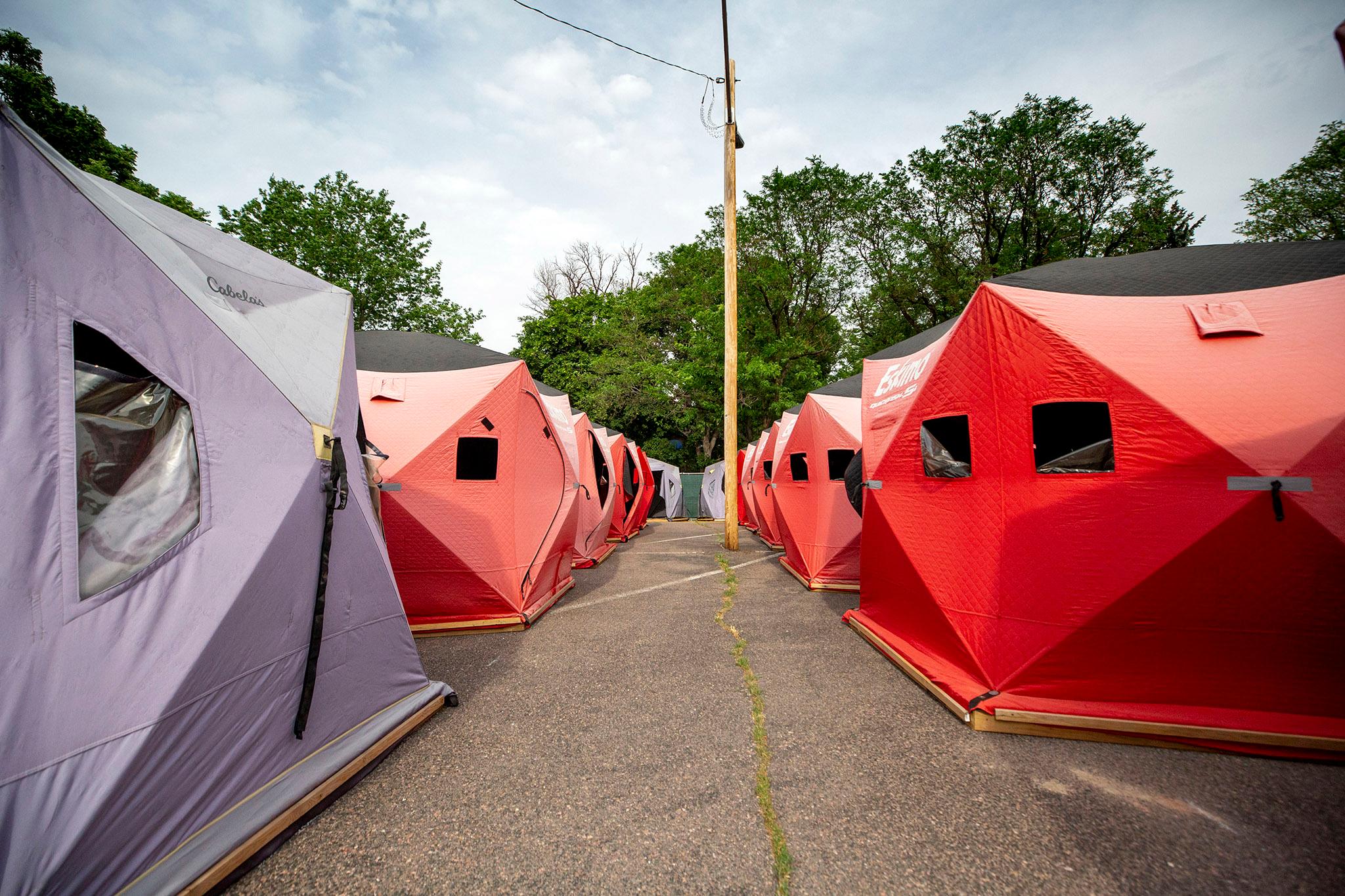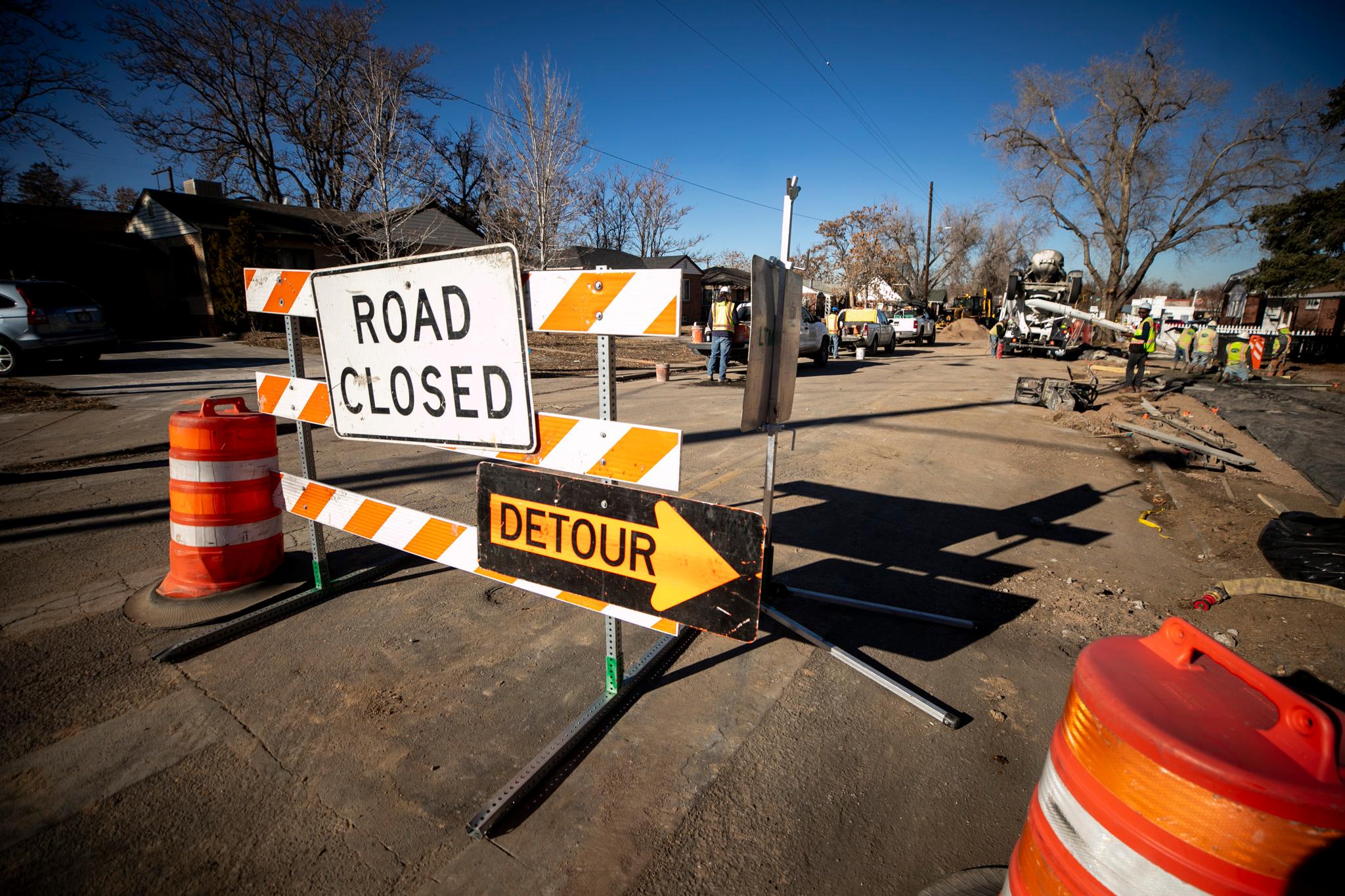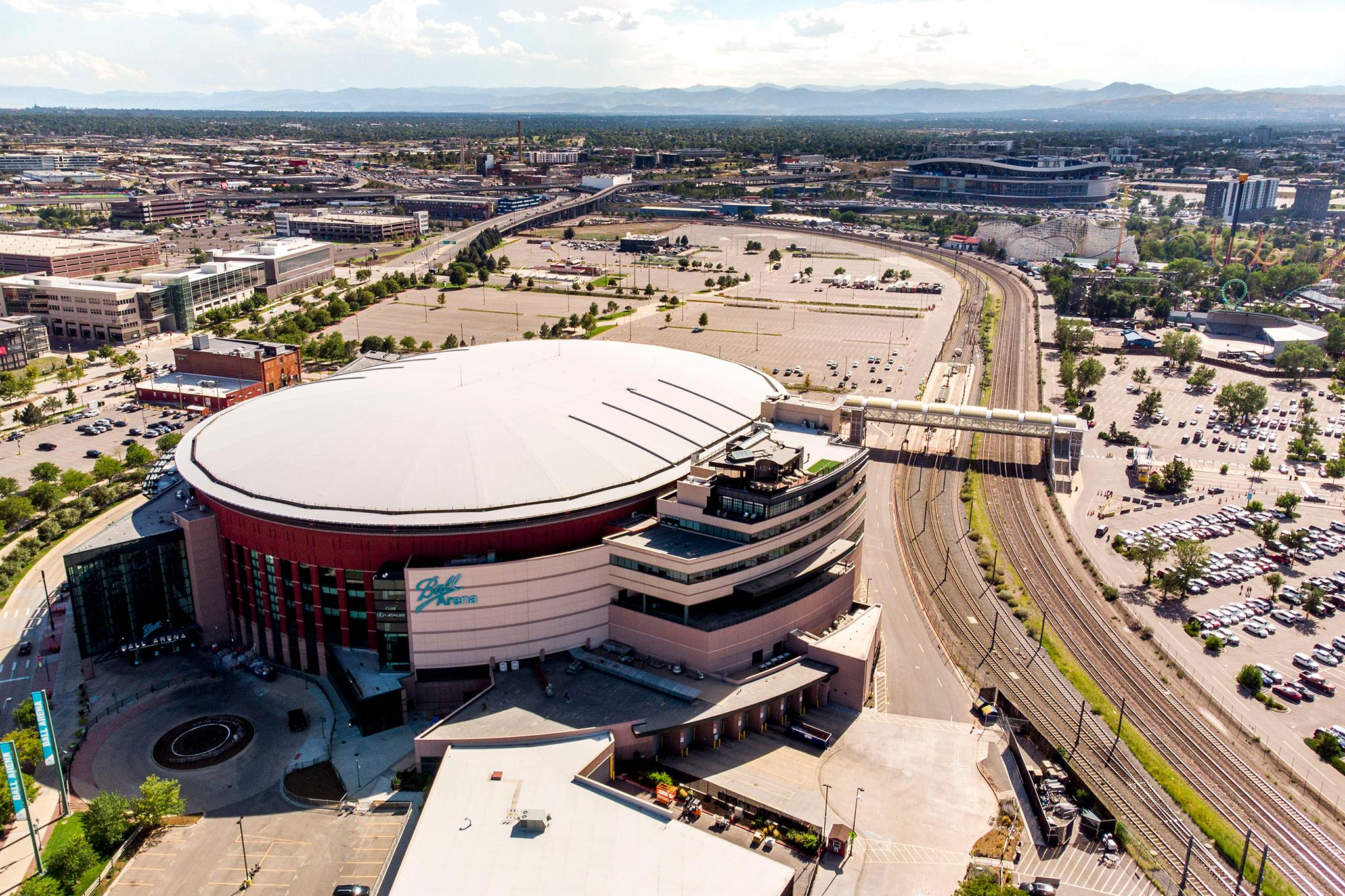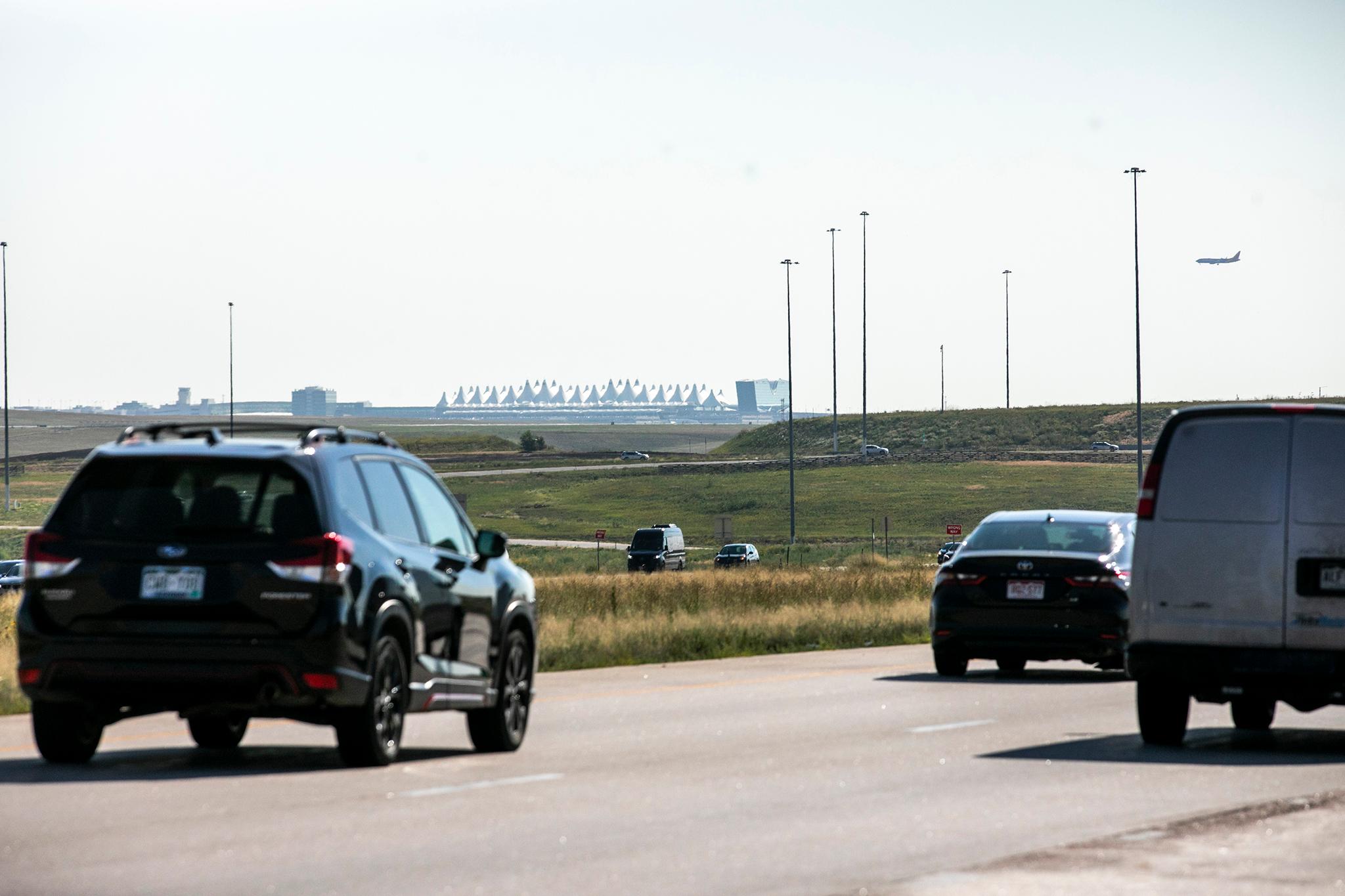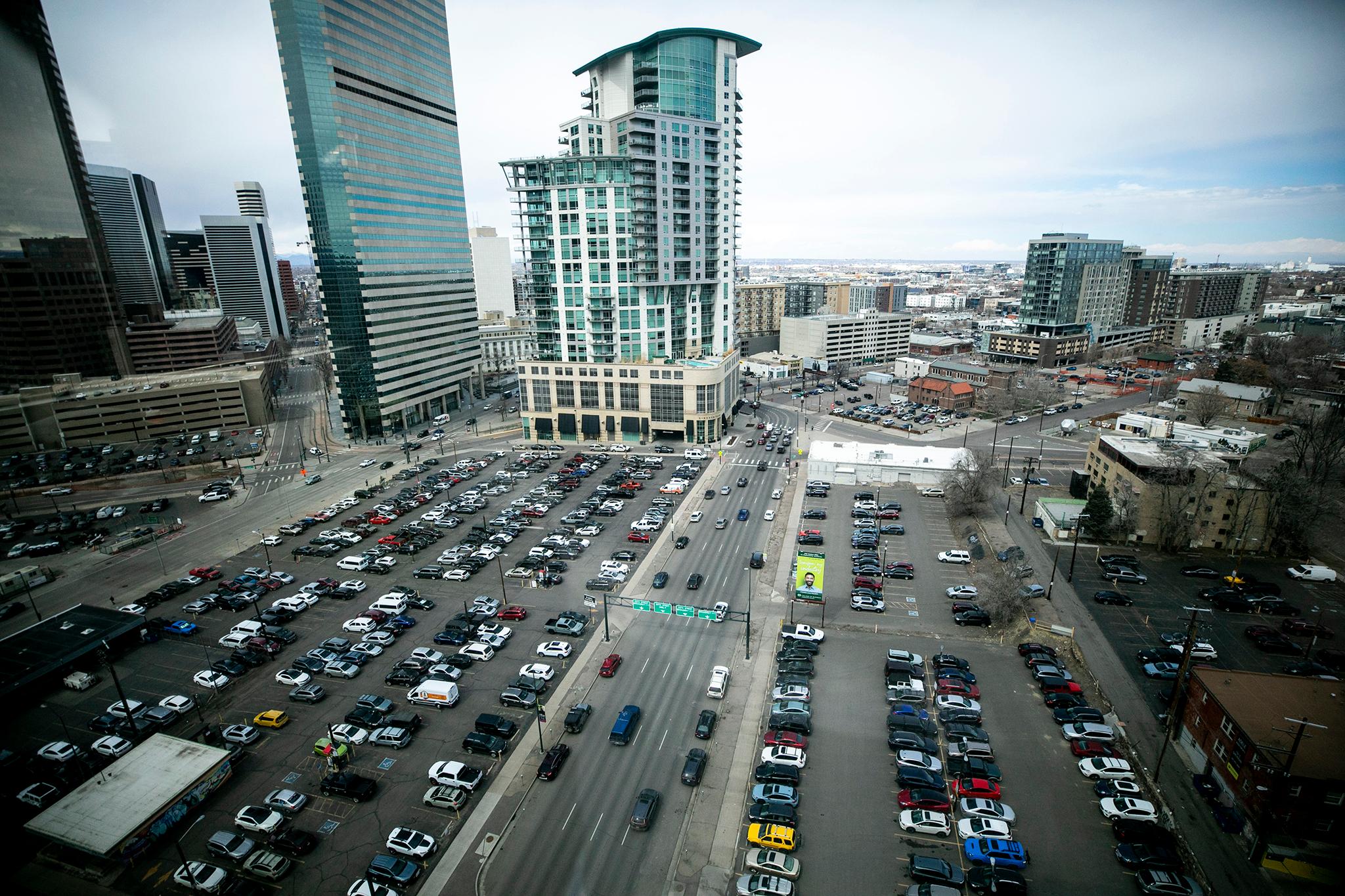?️ Denver Election Guide 2021: Links to info about ballot initiatives in Denver and Colorado, school board candidates and general voting questions are all right here.
Garrett Flicker, chair of the Denver Republican Party, spearheaded a proposal that would, if passed, add two measures to the already existing unauthorized camping ordinance or urban camping ban in the city: additional enforcement through community complaints and city liability and additional authorized camping sites.
The ban, passed in May 2012, prohibits unauthorized camping on private property and was supported by Mayor Michael Hancock and several then-council members. "Camping" is defined as residing "temporarily in a place, with shelter," which can include tents, sleeping bags or a blanket.
Under the current ordinance and federal court orders, officials must give encampment residents a seven-day notice before removal of the camp. This proposed measure cannot change the federal orders.
Also, while the current ordinance doesn't mention sanctioned camps, the city can already legally build these sites. Two camps of that nature already exist through Safe Outdoor Spaces, partially funded by the city and run by the Colorado Village Collaborative nonprofit.
Here's the language you'll see on the ballot:
Shall the voters of the City and County of Denver adopt an ordinance requiring the City and County of Denver to enforce unauthorized camping, providing a process for private enforcement if the City fails to enforce unauthorized camping; allowing the City to establish up to four authorized camping locations on public property where the City must provide running water, restroom facilities and lighting; and funding such camping locations with city revenues to support the city's homeless population?
How would it work?
It would require the city to enforce the ordinance within 72 hours of a complaint. If the city doesn't clear the encampment within the three-day time frame, residents can sue the city. The measure would also allow the city to create up to four authorized camping locations on public property that would be funded by city revenues. The sanctioned camps would require amenities such as running water, restrooms and lighting.
Who's for it?
In a press release, Flicker said the goal of his initiative is to be compassionate towards those experiencing homelessness, increase city accountability and to empower residents who may feel unsafe and unheard.
Flicker said the city should provide basic amenities to the "encampments it sponsors." He added that requiring city officials to respond to encampment complaints within 72 hours, "empowers citizens and property owners to enforce this section of the law in court if the city will not."
"Denver is facing a continuing public health and safety emergency with homeless campsites being set up across the city in spaces that lack the facilities to humanely accommodate overnight stays," the release said. " The need for homeless campsites, deepened by the COVID crisis, demands a reasonable, safe, and manageable approach that will benefit city residents, property owners - and our unhoused population."
Who's against it?
The Denver City Council released a proclamation opposing the ordinance, calling it "misleading" and a "false promise" in the effort to help those experiencing homelessness. The proclamation also states the initiative would be costly for Denver taxpayers on several levels.
Council members said upholding a 72-hour cleanup mandate goes directly against federal court orders that require encampments receive a seven-day notice. The city would face legal obligations from both sides, which would amount to expensive liability litigation. Council also said the city would have to reallocate budget funds toward possible litigation, increasing manpower to enforce and perform the cleanups, as well as run additional sanctioned camps.
"We get sued if we violate that notice requirement and, if 303 passes, we get sued if we don't clean up the camp in three days," said At-Large Councilwoman Robin Kniech. "The city will get sued either way and that will be taxpayer funded. The city's money is the people of Denver's money. This will reduce services...including mental healthcare and homeless services."

